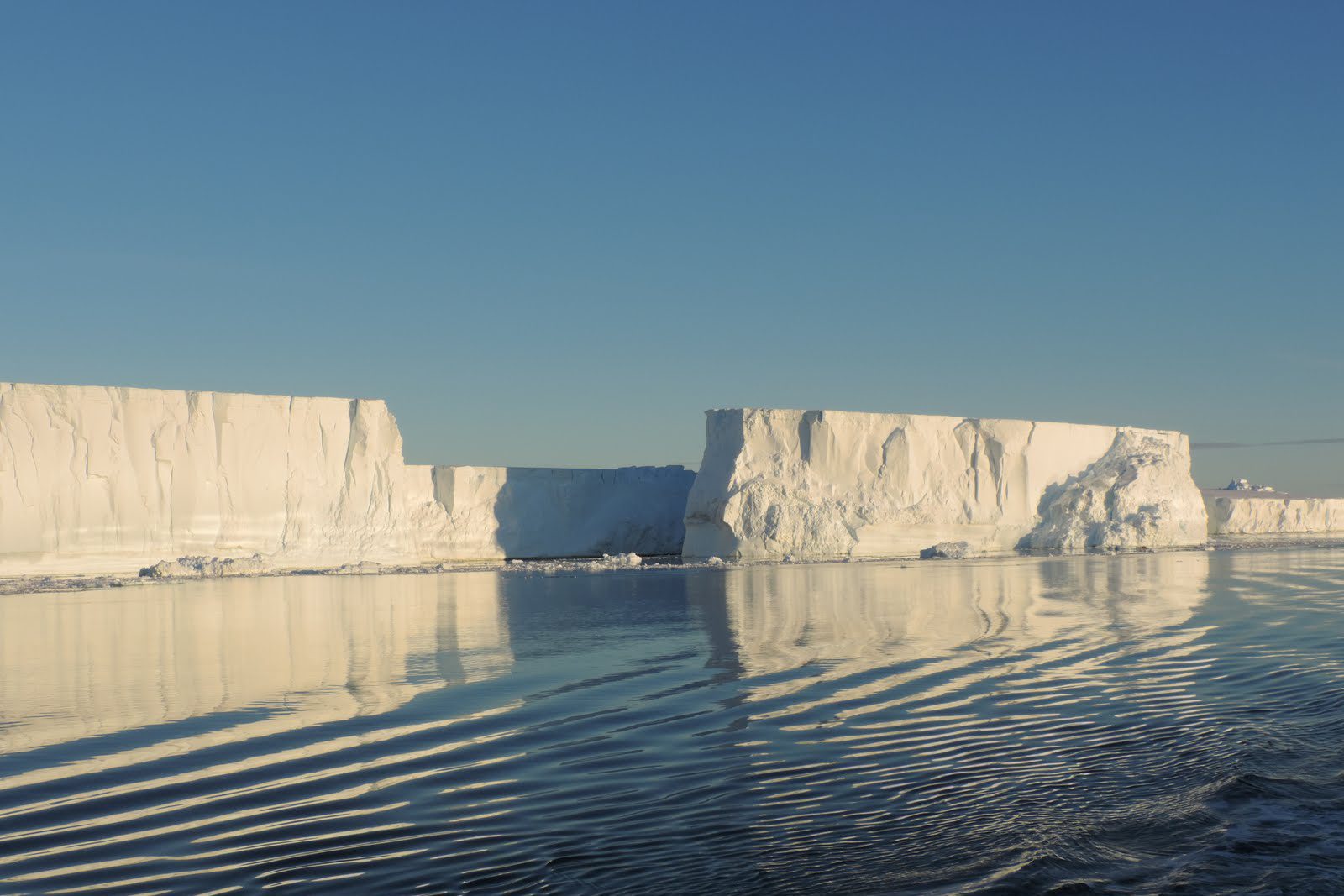
The political aspects of Antarctica are both interesting and complicated. Antarctica was the last unexplored continent in the world. Although the Europe had already been looking for a northern route through the Arctic to China as early as 1600, Antarctica did not see its exploration heyday until 1819 when the South Shetland islands were discovered by William Smith.
In the 1800 and 1900’s there was multiple expeditions in to Arctic, both scientifically and politically motivated. In 1886 The Peary Arctic Club, led by US Navy engineer Robert Peary, organized 8 expeditions to the Arctic. Although the motivation behind this expedition was to gather and share data as well as reach the north pole and the expedition was a success; the contributing countries did not share any data gathered.
In order to further scientific research in the polar regions researchers knew that cooperation of many different countries was required and so in 1957 was the first International Geophysical Year (IGY). In an effort to preserve Antarctic for science research and prevent the politicizing of the continent, the Antarctic Treaty was signed in Washington on 1 December 1959 by the twelve countries whose scientists had been active in and around Antarctica during the International Geophysical Year (IGY) of 1957-58. It entered into force in 1961 and has since been acceded to by many other nations. The total number of Parties to the Treaty is now 53.
The Antarctic Treaty and related agreements, collectively known as the Antarctic Treaty System (ATS) sets aside Antarctica as a scientific preserve, establishes freedom of scientific investigation and bans military activity on that continent.
Some important provisions of the Treaty:
Antarctica shall be used for peaceful purposes only (Art. I)
No military activity is allowed on the continent of Antarctica.
Freedom of scientific investigation in Antarctica and cooperation toward that end … shall continue (Art. II).
Antarctica will be preserved for scientific cooperation and freedom.
Scientific observations and results from Antarctica shall be exchanged and made freely available (Art. III).
All research will be shared with all other counties that are part of the treaty.
No acts or activities taking place while the present Treaty is in force shall constitute a basis for asserting , supporting or denying a claim to territorial sovereignty in Antarctica or create any rights of sovereignty in Antarctica. No new claim, or enlargement of an existing claim to territorial sovereignty in Antarctica shall be asserted while the present Treaty is in force (Art IV).
All current territorial claims will be put on hold and no new claims may be made.
All areas of Antarctica, including all stations, installations and equipment within those areas … shall be open at all times to inspection (Art. VII).
To promote the objectives and ensure the observance of the provisions of the Treaty.
